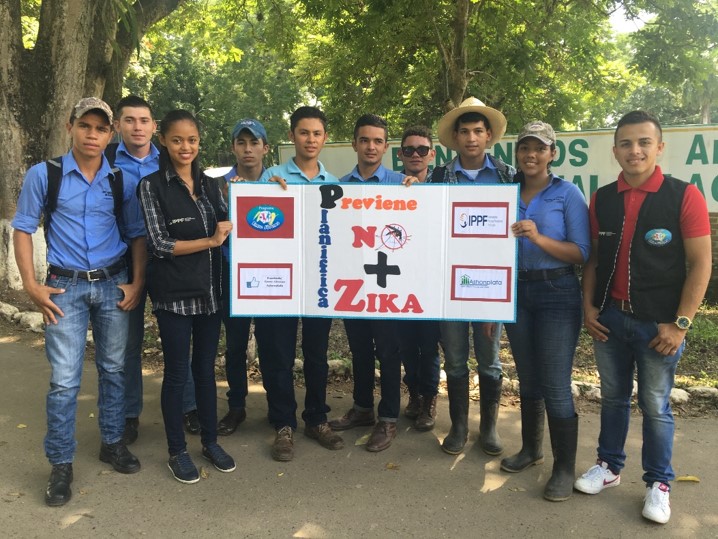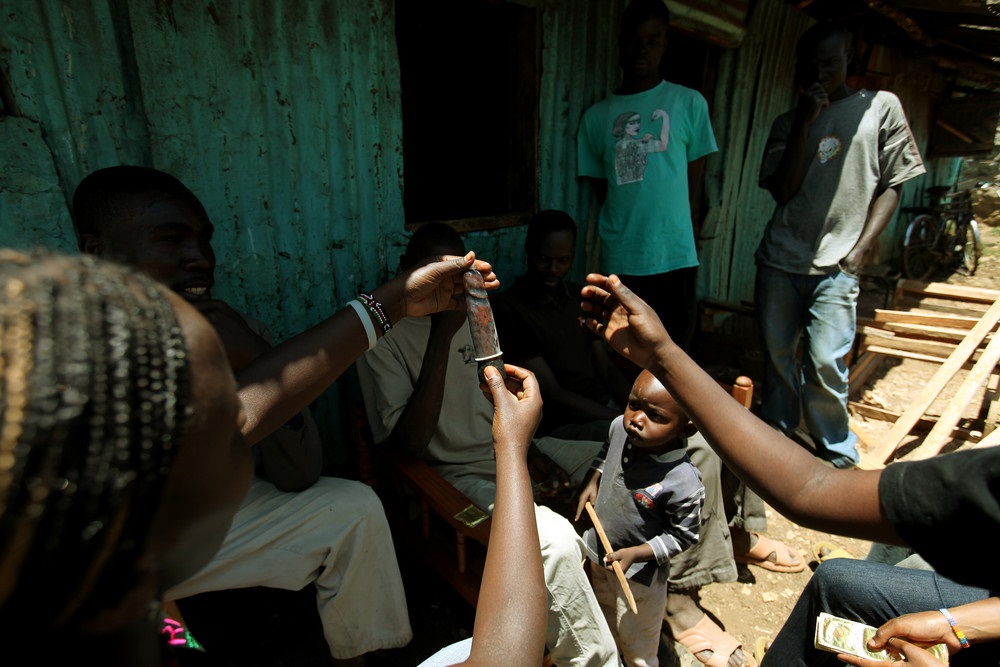Established in 1959, FPAN, a member association of IPPF, is Nepal’s first national sexual and reproductive health service delivery and advocacy organisation. Family planning service strengthening programme (FPSSP) is a project under USAID’s cooperative agreement with IPPF and FPAN to dramatically increase access to voluntary family planning (FP) information, education and services throughout Nepal. More specifically this project is increasing access to FP services and strengthening the Nepal health system by:
- Increasing access of a range of voluntary FP methods for marginalized and disadvantaged populations.
- Increasing public sector provider capacity for delivering FP services through task shifting initiatives at multiple levels of the health system
- Ensuring quality voluntary FP services through on site coaching and mentoring at the health facility level
- Supporting FP commodity security throughout the public health sector
Results to date:
- 605 Ministry of public health facilities in 11 districts are supported by the project throughout Nepal by strengthening and increasing access of voluntary family planning services, including support for basic medical supplies to ensure services are available.
- Over 41,000 family planning services delivered to men and women in Nepal in hard to reach areas.
- Supported MoH in delivering 63,854 couple years of protection (CYP) in addressing the unmet need for voluntary FP services by offering a full mix of methods. These services were offered through the mobile outreach services delivery network, established community clinics and a force of Reproductive Health Female Volunteers (RHFVs).
- 257 health care workers trained and operating in 165 public health facilities to provide long acting and reversible methods of voluntary family planning as part of their FP method provision to improve FP method choice for all clients.
- 54 health workers trained on comprehensive voluntary FP counselling to increase awareness of available FP services.
- Collaborating with partners on social and behaviour change communications to increase awareness of voluntary FP services within the communities
- More than 400 mobile family planning clinics days provided by three mobile outreach teams offering a range of comprehensive family planning services in the poorest and hardest to reach regions of Nepal, bringing voluntary FP services closer to the client where they would not have otherwise had access.
- 7 community clinics capacity built to ensure a broad range of voluntary FP methods are available in communities with highly marginalized and disadvantaged populations
- Commodity security prioritized throughout service delivery channels to ensure commodity availability at all levels of the service delivery spectrum.
- Reproductive health female volunteers mobilized to provide comprehensive voluntary family planning information is communicated at the community level
The Support for International Family Planning Organizations 2 – Sustainable Networks project is a five-year cooperative agreement funded by the U.S. Agency for International Development under Agreement No. AID-OAA-A-14-00038, beginning May 13, 2014. The information provided in this document is not official U.S. government information and does not necessarily represent the views or positions of the U.S. Agency for International Development.
when
country
Nepal
Related Member Association
Family Planning Association of Nepal









